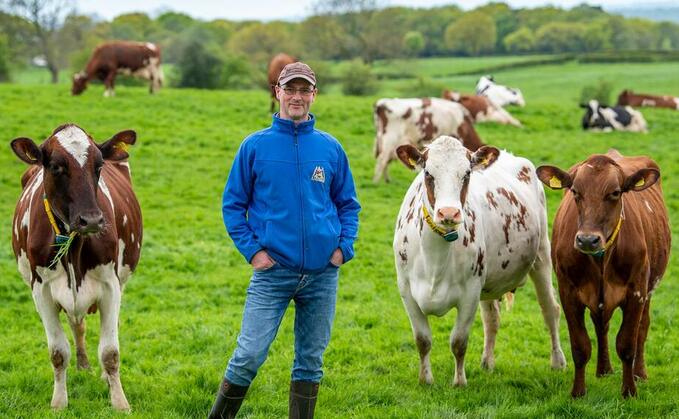
THE Ayrshire breed is seeing a surge in popularity and provides the perfect balance between production and longevity in the Jamara herd. Hannah Noble reports. Nestled in the hills above Mellor, Blackburn,...

THE Ayrshire breed is seeing a surge in popularity and provides the perfect balance between production and longevity in the Jamara herd. Hannah Noble reports. Nestled in the hills above Mellor, Blackburn,...
PEDIGREE HEREFORD AND ANGUS BULLS FOR SALE